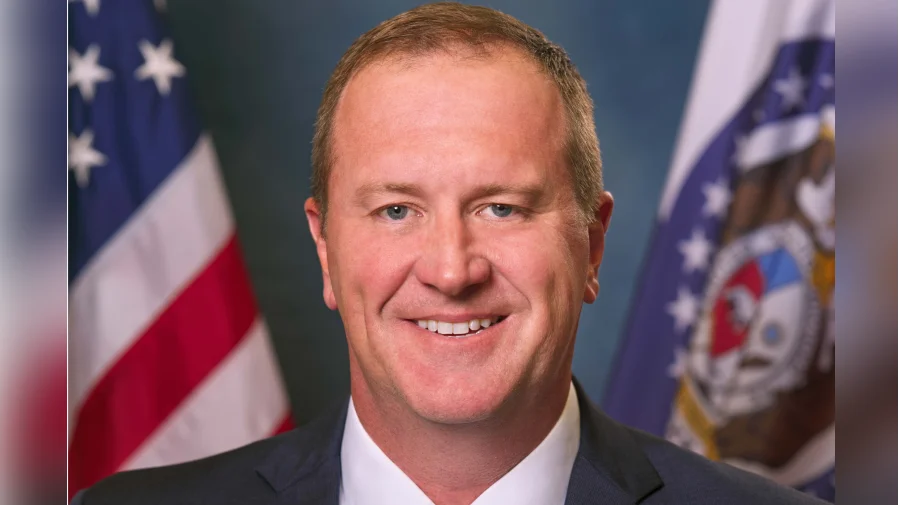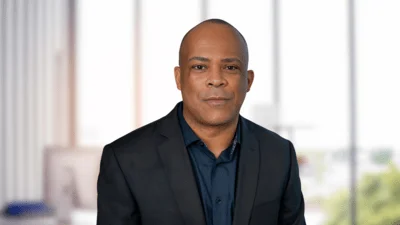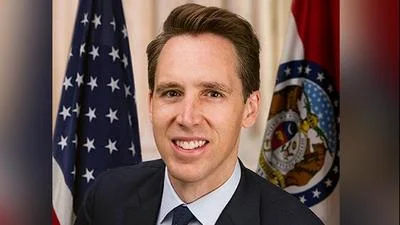Senator Eric Schmitt | U.S. Senator Eric Schmitt
Senator Eric Schmitt | U.S. Senator Eric Schmitt
U.S. Senator Eric Schmitt (R-MO) questioned Vice Admiral Frank “Mitch” Bradley, nominee for promotion to Admiral and Commander of the United States Special Operations Command (USSOCOM), during a Senate hearing on Tuesday. The discussion focused on foreign policy spending and America’s strategic approach in the Indo-Pacific region.
Schmitt raised concerns about specific U.S.-funded foreign policy initiatives, listing several examples: “$500,000 for electric buses in Rwanda, $3.3 million for civic engagement in Zimbabwe, $300,000 to hold a pride parade in Lesotho, almost $900,000 for election for election reforms and voter education in Kenya, $1.2 million for an Afrobarometer public opining survey, $116,000 for media strengthening activities in Liberia… Do you think these are in the best interests of the United States of America given the scarcity we have?”
He continued: “In my view, these are policy matter. I think that when we do this, it totally undermines the desire to have real soft power. I’m not disputing the idea that soft power exists. My contention is that all this nonsense inhibits our ability to [promote soft power]. There are smart things to do that aren’t just about blowing things up and killing people. But those have been crowded out with mission creep and a wandering foreign policy that believes we can do all this ‘do-gooding’ around the world instead of focusing on defending the homeland and understanding that our chief threat is China.”
The senator also addressed U.S. posture and alliances in the Indo-Pacific region: “How does SOCOM assess the right balance between the sort of counter-terrorism missions that existed for a long time versus direct action, especially as it related to irregular deterrence and the kind of gray zone activity that’s happening in the South China Sea, in places where are allies are really in threat?”
Admiral Bradley responded by highlighting past successes: “Having the opportunity to be part of our counter-terrorism operations since 9/11, I’ve seen [the United States] achieve some great successes to diminish the threat against our homeland. The credibility that has come from that gives us a very powerful entrée with alliance members in the Indo-Pacific. Our national defense strategies illuminate the importance of that alliance. I believe that force multiplication efforts are a critical capability. As you know, General Fenton is the coordinating authority to counter violent extremist organizations (VEOs) within the Department of Defense and maintains a principal responsibility to oversee and advise the Secretary [of Defense] on the approach towards counter-terrorism. The most acute of those threats are the top priority threats that we orient our priorities against. The case of the Philippines is a great example. Our work with the Filipinos over the last two decades has allowed them to be able to keep terrorist threats at bay, and frankly, weather a very diplomatic season with a particular leader there.”
Schmitt then asked about other regional allies: “Do you feel like our other really important allies in the region, say Australia and Japan, are prepared or sufficiently ready to work alongside us, the way Philippines has?”
Bradley replied: “Yes, sir. I absolutely believe the Australians, and other allies, are working to come to that place as well.”






 Alerts Sign-up
Alerts Sign-up